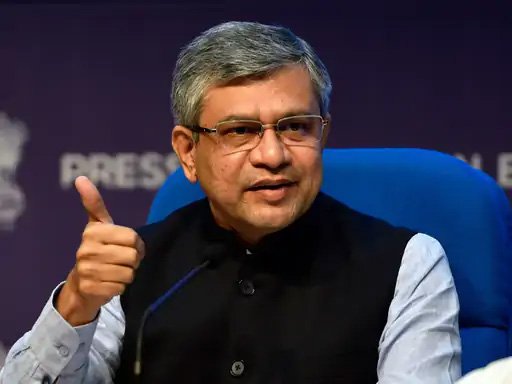New Delhi: Honda Cars India has announced a 2% increase in the prices of its vehicles, effective from January 2025. The decision comes in response to rising manufacturing costs, as stated by the company’s Vice President of Marketing, Kunal Bahle. He further assured that Honda is making continuous efforts to minimize the impact of this price hike on customers. Additionally, Bahle mentioned that the pricing of the newly launched third-generation Amaze would be reviewed in mid-January.
This price hike follows similar announcements by several other major automobile manufacturers in India, including Maruti Suzuki, Hyundai, Tata Motors, and international brands like Mercedes-Benz, BMW, and Audi. All these companies have attributed their price increases to higher input costs and logistics expenses, leading to an overall rise in manufacturing costs.
Tata Motors to Increase Vehicle Prices by 3%
Tata Motors has also decided to raise the prices of its passenger vehicles by up to 3%, effective January 2025. The price hike will apply to petrol, diesel, and electric models. The company explained that the increase in prices is aimed at partially offsetting the rising costs of raw materials and inflationary pressures. The new prices will vary based on the model and its variant.
Tata Motors’ current lineup includes models across various segments, including hatchbacks like Tiago and Altroz, compact sedans like Tigor, micro-SUVs like Punch, and premium SUVs like Harrier and Safari. The company also offers electric vehicles such as the Nexon EV, Tiago EV, Tigor EV, and recently launched models like the Tata Curve EV and the upcoming Sierra EV.
JSW MG Motors and Kia to Raise Prices by 3% and 2% Respectively
JSW MG Motors India will also raise the prices of all its models by up to 3% starting January 2025. The company cited the rising costs of auto parts, exchange rate fluctuations, and logistics expenses as the primary reasons for this increase. Similarly, Kia India has announced a 2% price hike across all its models, effective from January 1, 2025, due to rising commodity prices and supply chain costs.
Hyundai Cars to See a Price Hike of Up to ₹25,000
Hyundai Motor India Limited (HMIL) has also stated that it will increase the prices of all its models by up to ₹25,000, starting January 1, 2025. The price hike will vary depending on the variant of the model, with a maximum increase of ₹25,000. HMIL attributed the price hike to rising input costs.
Maruti Suzuki Cars to Become 4% More Expensive
Maruti Suzuki, the country’s largest carmaker, announced that it would increase car prices by up to 4% starting January 2025. The price hike is primarily due to the increased cost of raw materials and operational costs. While the company is making efforts to optimize its expenses and reduce the impact on customers, it acknowledged that some portion of the increased costs will have to be passed on to the market.
Mahindra and Mahindra to Hike Prices by 3%
Mahindra & Mahindra also plans to raise the prices of its entire range of passenger and commercial vehicles by up to 3% from January 2025. The company stated that the decision was driven by the rising costs of raw materials and inflationary pressures.
Reasons Behind Annual Price Increases
The main reasons behind these annual price hikes are the rising costs of components, input materials, and overall operational expenses. However, industry experts believe that automobile companies often announce price hikes in December to encourage customers to purchase vehicles before the new year, as the fear of further price increases in the coming year might cause customers to delay their purchases. Additionally, manufacturers aim to clear out last year’s stock and avoid carrying over outdated inventory into the new year.
This trend of price increases and special offers at the end of the year is common across the industry, particularly around the fiscal year-end.



